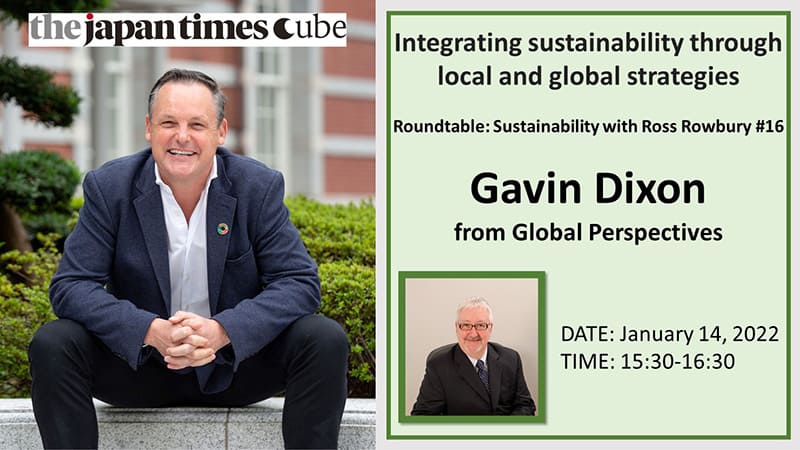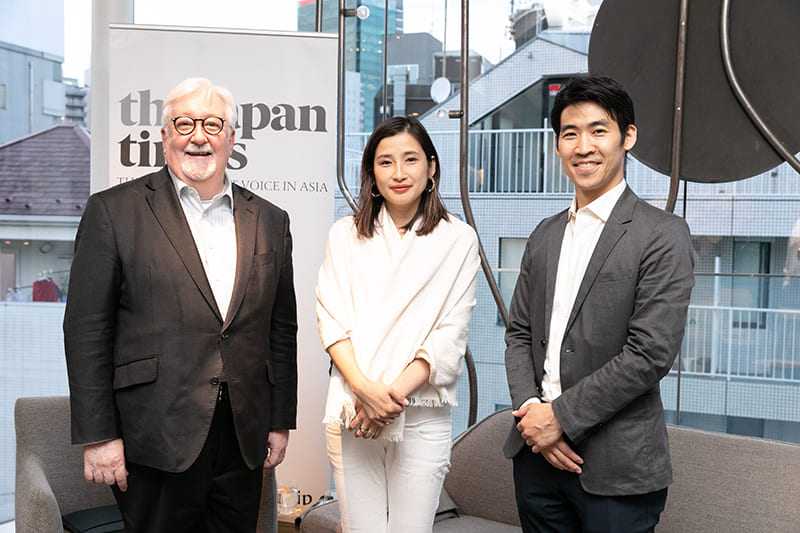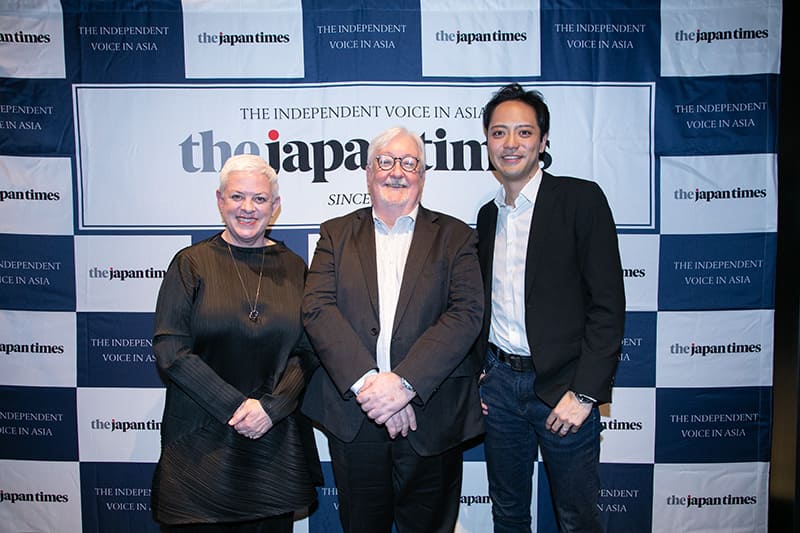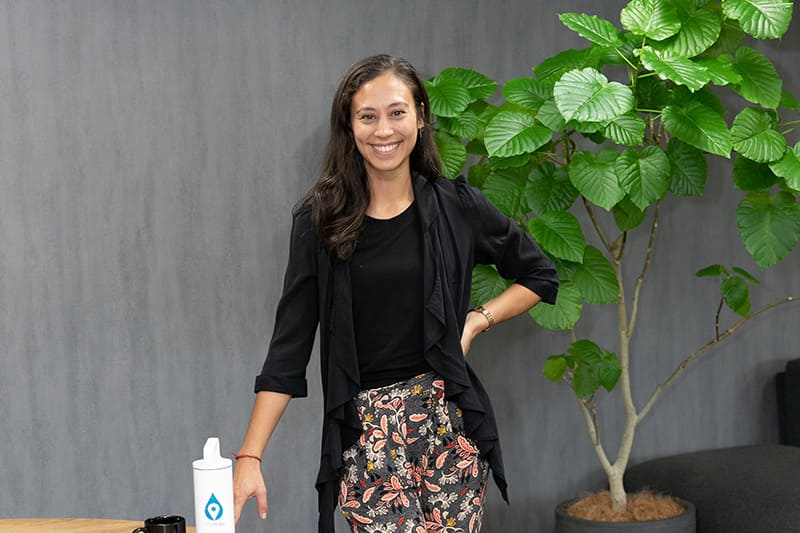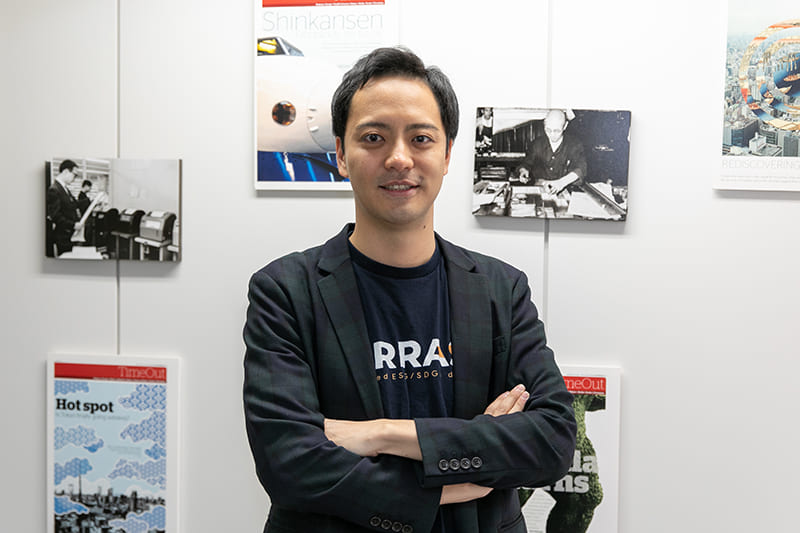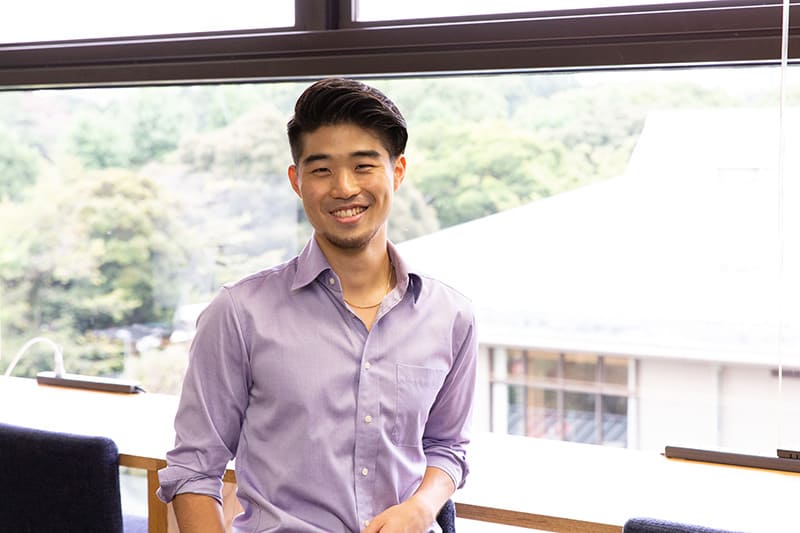February 25, 2022
Gavin Dixon: changing organizations, and the world
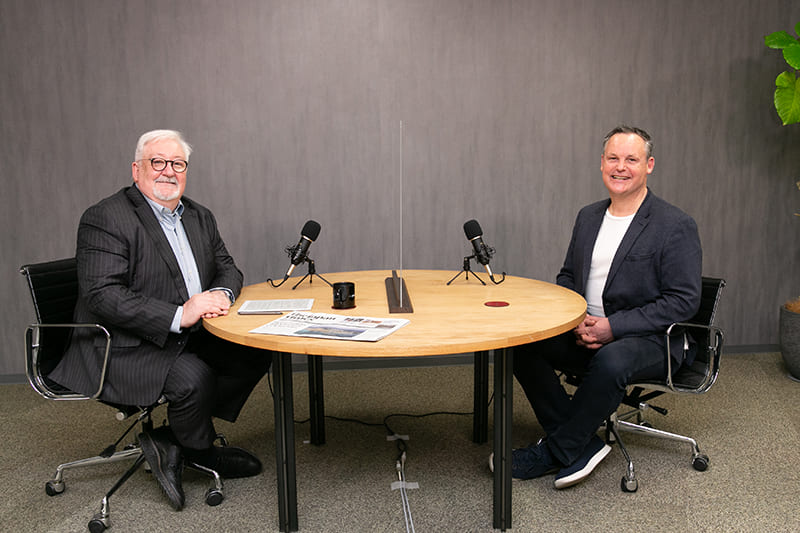
In the corporate world, sustainability is one of the hottest topics and biggest goals. Unfortunately for most companies, it is also one of the hardest things to achieve. Gone are the days when sustainability meant a yearly event (a beach cleanup!) with a press release. Sophisticated reporting, shareholder demands and a very knowledgeable public require companies to look at all aspects of their organization from a sustainability lens. How does a company do this, when its people are not sustainability experts? They ask for help. Here in Tokyo, one of the people they can ask is Gavin Dixon.
Dixon was the guest on the 16th episode of the Japan Times Sustainability Roundtable, hosted by Ross Rowbury. The roundtable has featured many guests, each of whom approached sustainability from a different angle; from glamorous executive chefs to aerospace leaders, the series has found the most interesting people in Japan working in this space and told their stories. Dixon is a guest who is directly enabling the sustainability effort and brings a workman-like approach to actually achieving it. His stories and observations of consultancy, change and organizational transformation weren’t glib or personal. Here was a guest who was talking about work.
Reframing human resources
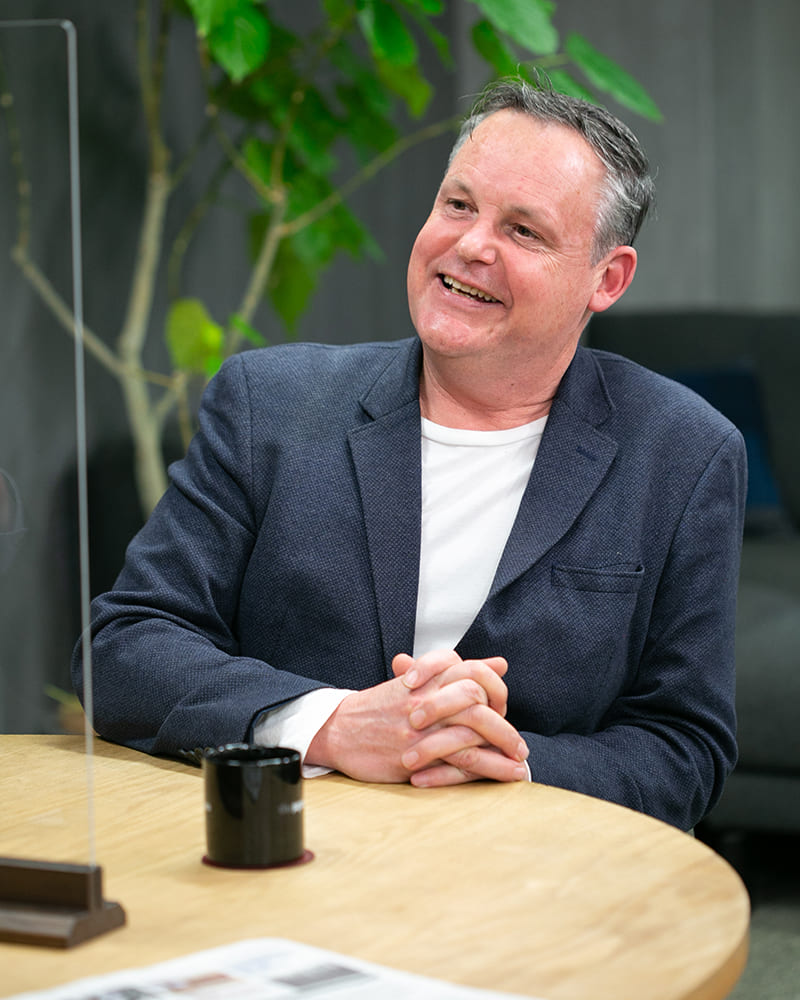
Dixon is a co-founder of Global Perspectives K.K., a “sustainability consultancy” based in Tokyo that specializes in helping companies develop their employees and organizational culture for success in sustainability. He formed the company after working in human resources and business consulting and recognizing that while a shift had occurred in society, the corporate world was lagging behind. “As sustainability was becoming front and center, one of the key missing pieces was working on the people,” he said. “So we decided to help people try to reframe human resources from the perspective of sustainability.”
What does all that mean? It means that a change to sustainability now requires real investment from companies … but that doesn’t have to mean hiring a new department. Dixon used a metaphor to explain: “There’s the hardware and the software. By 2021, the companies are trying. So there are now ESG reports, there’s an ESG strategy document — that’s the hardware. But reporting is just words. Now it’s all about actions. You’ve got your reporting, but what are you doing?” He chuckled, remembering a client’s consternation at turning those words into action. “It’s easy for senior leaders to forget that a company is just a group of people who work in the same building. And so you can have many systems and frameworks and value propositions in place, but if your people aren’t on board, it’s not going to work. … If you’re going to get strategies and frameworks put in place, you need the right people.”
Linking home values to work
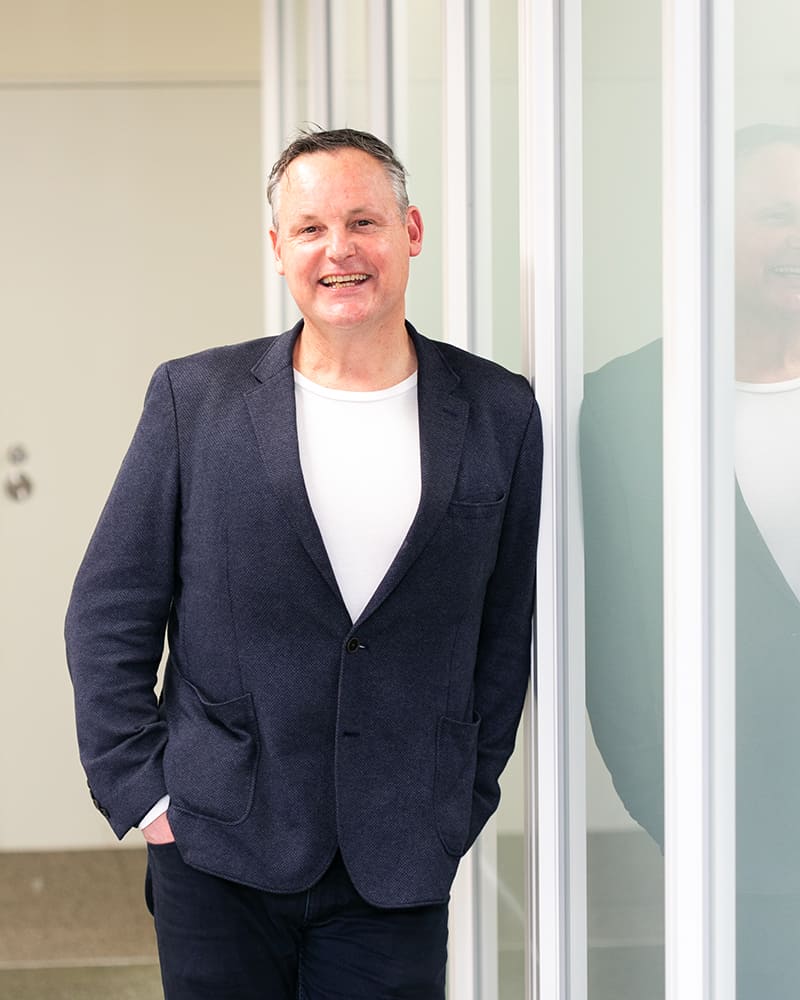
The interesting thing about looking at sustainability from an HR perspective is that Dixon isn’t talking about new hires, he is talking about the current workforce. “Most people separate sustainability from work,” he said. “They recycle at home, but when they get to work they forget all that. We’re trying to connect their home life and their home values with work life. We’re giving people the understanding that when you go to work, you have a big opportunity to do this on a bigger scale. And that will do the company good and society good. And the forward-thinking companies are starting to understand that, and allow their people to bring that to work.” This is no doubt music to the ears of Japanese corporate leaders,who are loath to take on new talent due to restrictive labor laws.
But how does Global Perspectives develop current employees? Dixon gave a very specific example. “We work with an organization called One Young World, something that used to be called ‘Young Davos.’ It’s a yearly event around the world. We set up a sustainability training program that runs for six months, with OYW in the middle. Our client companies participate. We work within a company, identify the young leaders in an organization, and the program helps them develop a project that in the end is meant to go live.” Rowbury’s eyebrows shot up at the phrase “go live.” Dixon nodded: “That’s right. … This wasn’t just a training exercise. This was real!”
As Dixon talked, his eyes flashed with excitement. “One of the companies that we worked with, the people who attended the program worked with their New Projects (RX) department. The projects that came out of the training program are now live and generating profits for the company. Another company, who we are working with this year, that team is working with their Digital Innovation department. They have to present at the end to senior leadership to go live. When you see those people given the trust, responsibility and resources to create change in an organization, you start seeing a business return and senior leaders get excited.”
Excitement of new challenges
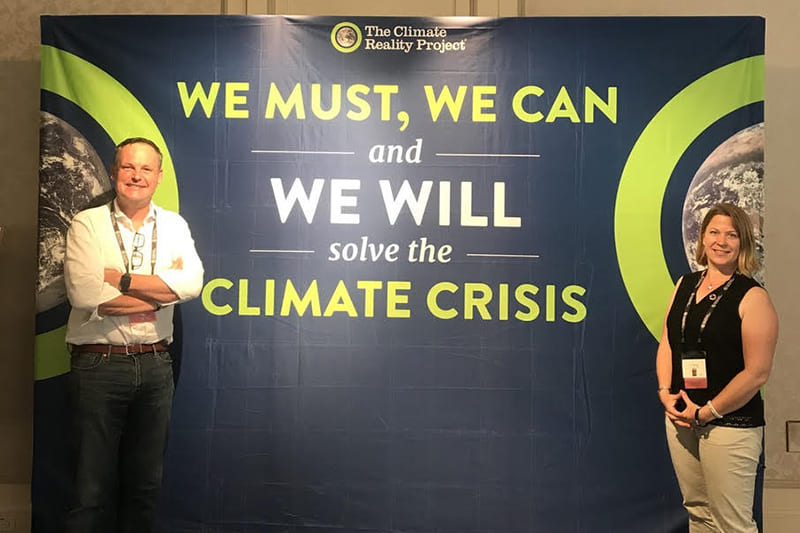
The reason Dixon is so different is that for him, sustainability is all about helping the people already working at a company to simply use their values. He also made it sound incredibly fun. Imagine if your company’s leaders hired Global Perspectives. Suddenly middle managers and junior staffers are called together. Everyone gets a chance to look at how they are operating. The new challenge: Where can we be sustainable? Ideas that are feasible aren’t just written on whiteboards, they are explored. Outside experts are tapped. Budgets are set. Suddenly instead of just talking, those employees who are passionate or sharp are leading the change, with projects that are on timetables and within budgets. It would be hard to imagine a more reinvigorating thing to happen at work, no matter where you worked.
In a country where the natural environment is so cherished and recycling is considered a default requirement, Dixon is helping bring sustainability from the culture to the workplace. The quotes and stories in this article are just a small sample of the many anecdotes, observations and points he shared during his conversation with Rowbury. To hear more about his efforts and see the passion of a person on the front lines of sustainability, check out the movie of the Roundtable by scanning the below QR code, or search for the Japan Times Sustainability Roundtable series on YouTube. Or maybe you will be lucky — you will turn up for work next week and he will be there, waiting to help your company do better.

